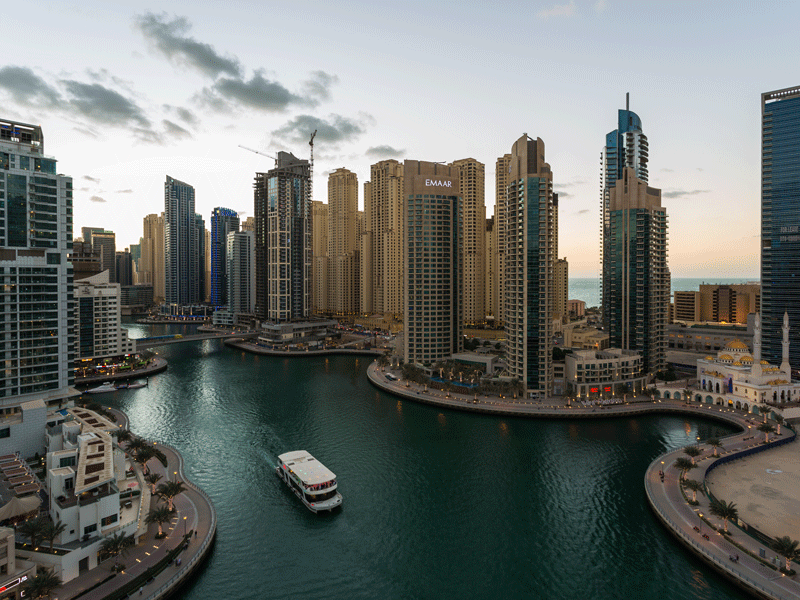
Saudi Arabia and the United Arab Emirates (UAE) have both introduced Value Added Tax (VAT) for the first time, effective from January 1. Residents and businesses in the two countries have long enjoyed a tax-free and heavily subsidised way of life, but a prolonged downturn in oil prices has dented government revenues.
The move has caused controversy, with some accusing businesses of using the tax introduction as a cover to hike prices
However, some sectors, including health, public transport and education, will remain exempt from the tax. Saudi Arabia has also moved to reduce fuel subsidies, causing an increase in petrol prices by as much as 83 percent.
The move has caused controversy among Saudis and Emiratis, with some accusing businesses of using the tax introduction as a cover to hike prices. Others, including the IMF, have welcomed the VAT imposition, arguing that it is a necessary measure if the Gulf states are to move away from their dependence on oil revenues. Bahrain, Kuwait, Oman and Qatar all plan to introduce VAT in the near future.
“Persistently low oil prices over the past three years have brought considerable pressure on the Gulf Cooperation Council countries, including the UAE, to keep their budgetary spending under control while maintaining a healthy economic growth,” explained an editorial in Gulf News. “This trade-off of conflicting objectives has called for the urgent diversification of government revenue streams.”
Tax-free living and the generous welfare systems seen throughout the Gulf states help to explain why the region has managed to avoid an Arab Spring-style protest movement. When life is comfortable, people are more inclined to accept political and social limitations.
However, if the Gulf’s current economic model begins to change, citizens may begin to push for the introduction of more democratic measures. In Saudi Arabia, in particular, where Prince Mohammed bin Salman is trying to balance a corruption purge with an economic overhaul, civic unrest would present serious problems for his fledgling leadership.


